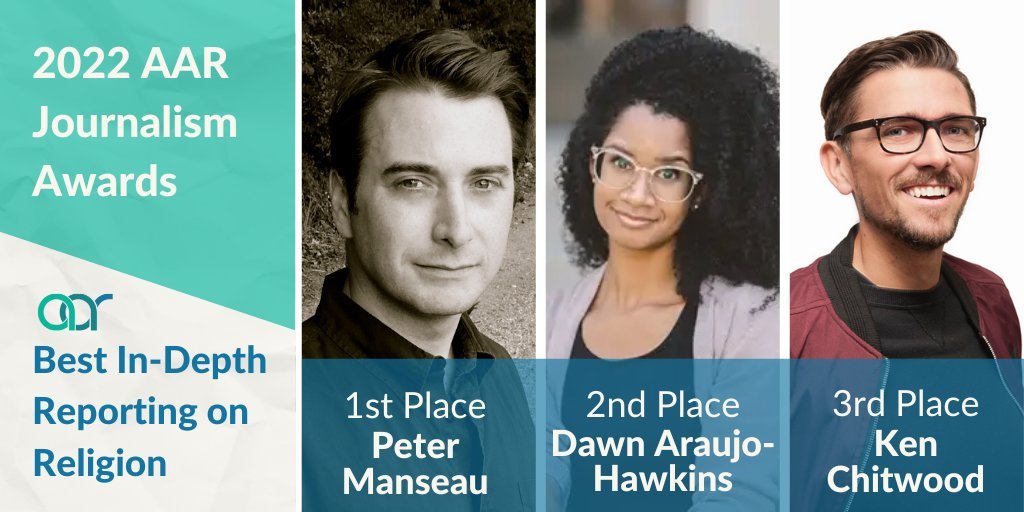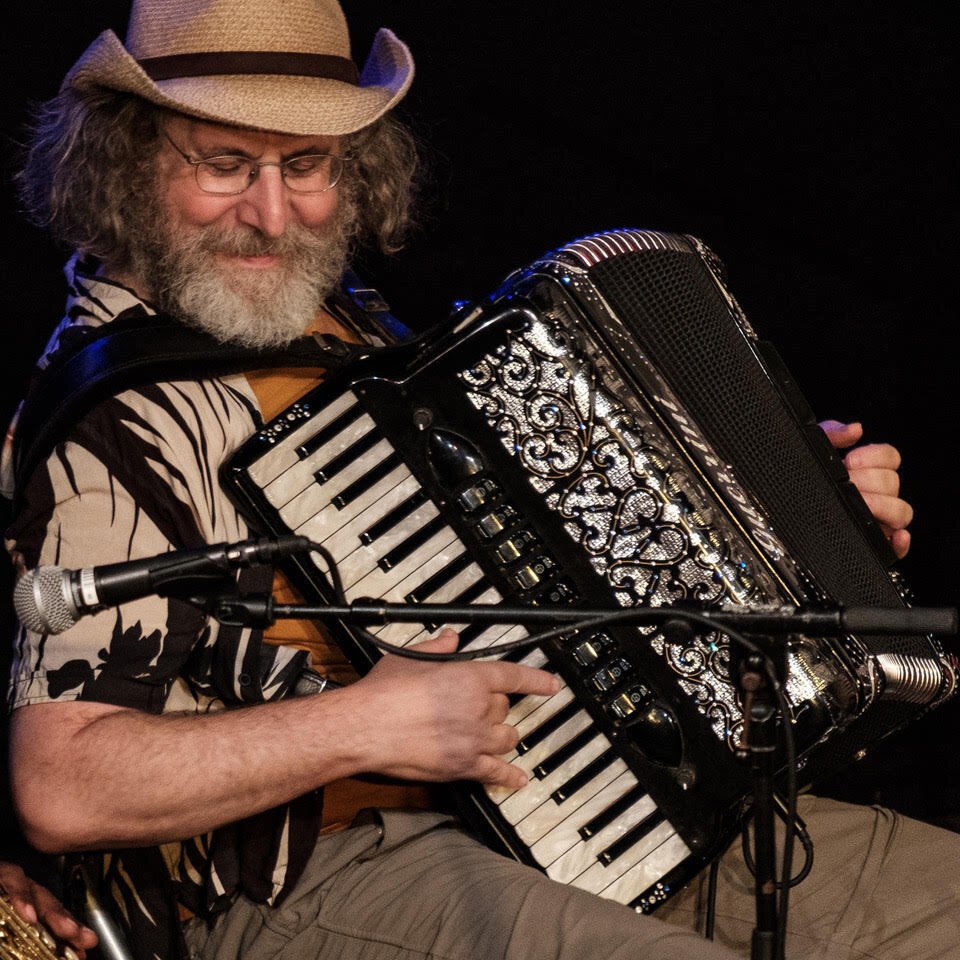I am beyond grateful to announce that I was named the third place winner of the Best In-Depth Reporting on Religion award from the American Academy of Religion.
I love writing on religion, and going in depth on stories of relevance and import. To be recognized by the world’s largest association of academics who research or teach topics related to religion and to place behind wonderful religion writers like Peter Manseau and Dawn Araujo-Hawkins is an immense honor.
The judges had this to say about my work:
[Ken’s] reporting includes a delightful and eye-opening history of a Muslim acrobat in Liverpool, an insightful and timely article on how sports play a role in combatting ignorance and Islamophobia, and interesting reports on Jewish music and spiritual seeking in modern-day Germany.
Here below are the three stories I submitted, just in case you missed them last year.
Thanks in advance, for taking a (second) look.





